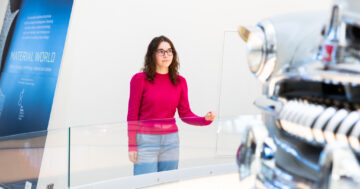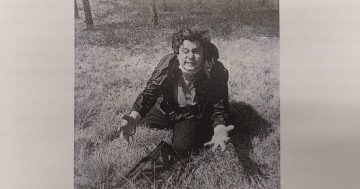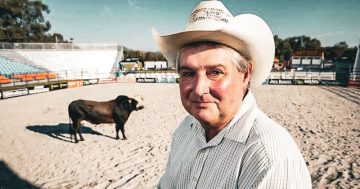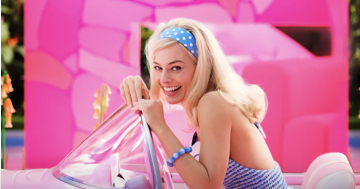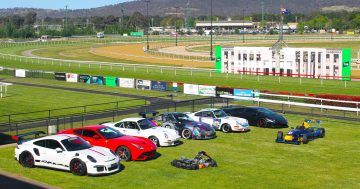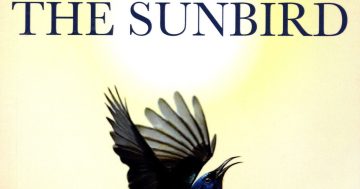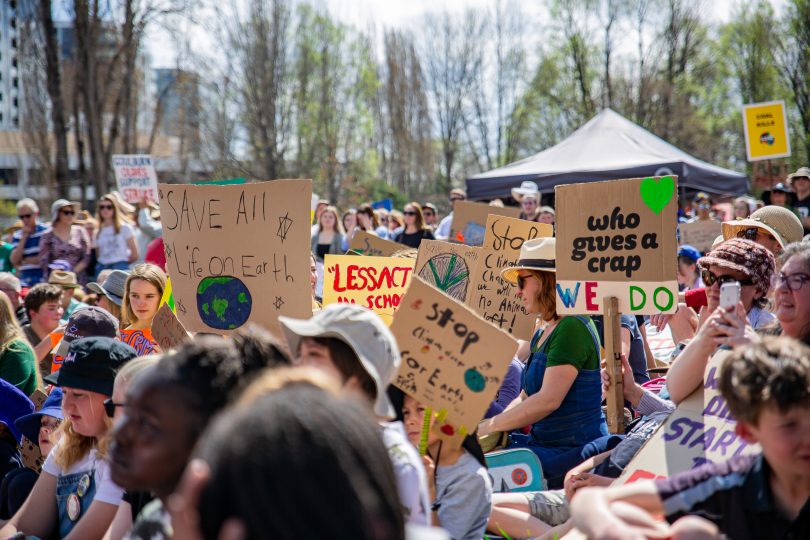
Gen Z isn’t as ‘superficial’ as the stereotype. Photo: File.
When I was a kid and teenager, I took horse riding lessons at a local stable here in Canberra. The hobby was expensive and one my folks could really only just afford, so I took one lesson a week and then offered my free labour as a stablehand on weekends for an extra ride.
When I was 17, I returned to the car after my lesson, turned to my mother, and told her I never wanted to come back again. That weekend, I sold all my gear and didn’t look back.
It was a strange decision for a horse-crazy teen to go cold turkey, but the reason for my swift departure from equine sports had nothing to do with the horses. Instead, after six years, I had finally reached my limit of snarky, rude and bullying horsey girls. These were girls who went to private schools, owned their ponies, and had the snotty privileged attitudes of rich kids who had never gone without. They were entitled, mean and sometimes racist to me. They were also competitive, bitchy and snide about each other behind their backs.
In many ways, they reflected the broader teen culture at school. I was used to both girls and boys being mean to each other, preying on weaknesses in social groups, and operating on a hierarchy of shame, privilege and discord.
On re-entering the horse world as an adult, I knew I would have to pick my friends wisely, and there is definitely still a lot of meanness among the adult women in the scene (though also a lot of great people, of course, and lifelong friendships that I’ve accumulated).
But this past weekend, I attended a training day hosted by the National Capital Horse Trials Association. I was absolutely blown away by the attitudes I witnessed in teenage girls both on and off their horses.
These are girls aged 13 to 19, many of whom attend the same private schools my former bullies did. But their attitudes could not be further from the nastiness I experienced. I witnessed girls calling out support for every single rider, including those they didn’t know while watching them tackle cross country jumps on their steeds.
I heard them chat to each other about how proud they were of their friends and how great it was to see them out there achieving their goals; or how sorry they were that their friends didn’t have the best ride, showing their empathy.
I myself, not knowing most of these kids, was recognised by them from Instagram, and I rode my own horse through the water complex to the sound of cheers and encouragement from this chorus of lovely young women. Later that day, I got messages on social media from numerous girls I’d never really met, congratulating me on my round and sharing videos they took for me.
Honestly, the experience could not be further apart from my adolescence.
Beyond the horse world, I work with young people in Gen Z (people born between the late 90s and the 2010s) through a few different avenues and am seeing the same emotional maturity and kindness in these groups. It’s a distinct difference from what I grew up with, and it’s honestly so gratifying to see.
We talk all the time about the ills of social media, the bullying our kids and teens are facing, and how superficial the younger generations are becoming as a result of their diet of superficial content and entrenched capitalist obsession with image. But the evidence I see around me is that young people have developed emotional intelligence, kindness and camaraderie in the years since I could count myself in their ranks.
Obviously, there is variation across the generation, but the difference between the way the adult women I have encountered in riding and today’s teenagers in the horse world and outside is staggering – the women my age and older often bitch behind each other’s backs, revel in each other’s misery and rarely celebrate each other’s wins – the exceptions being those I count among my friends.
But the teens are supportive, generous and kind to each other, and if there’s envy and disagreement, it doesn’t seem as rife as it was back in my day.
Recently, a post went viral on Instagram in the horse world, asking people to reply if they’d ever experienced toxicity and bullying. While many older riders responded that they had, several teens I know posted about how they genuinely had only had positive experiences. I feel like there was a clear generational difference to be seen.
I don’t know what conditions have helped us develop these mature and genuine young people, but I’m officially sold on the hype: Gen Z are proving themselves to be kinder, smarter and better than previous generations, and I’m 100 per cent here for it.












